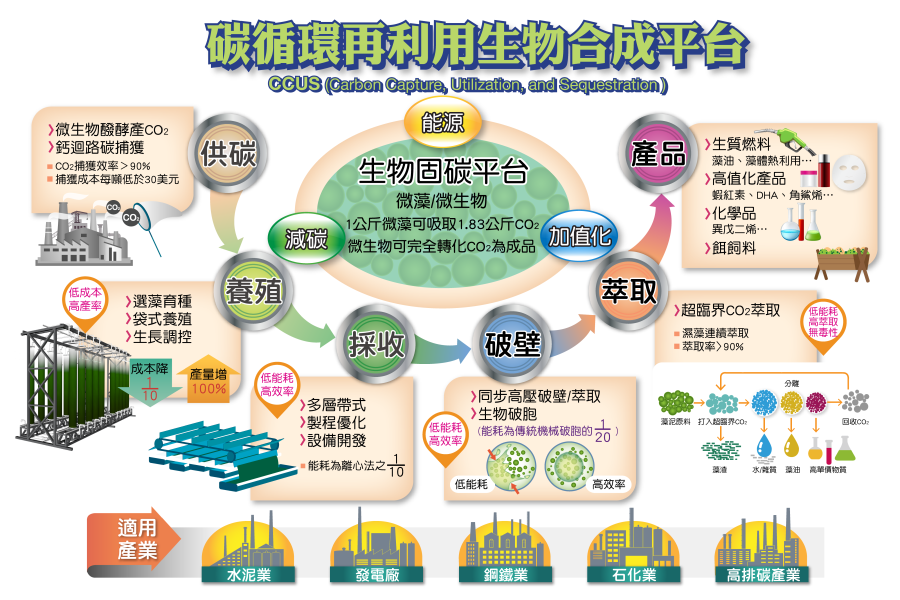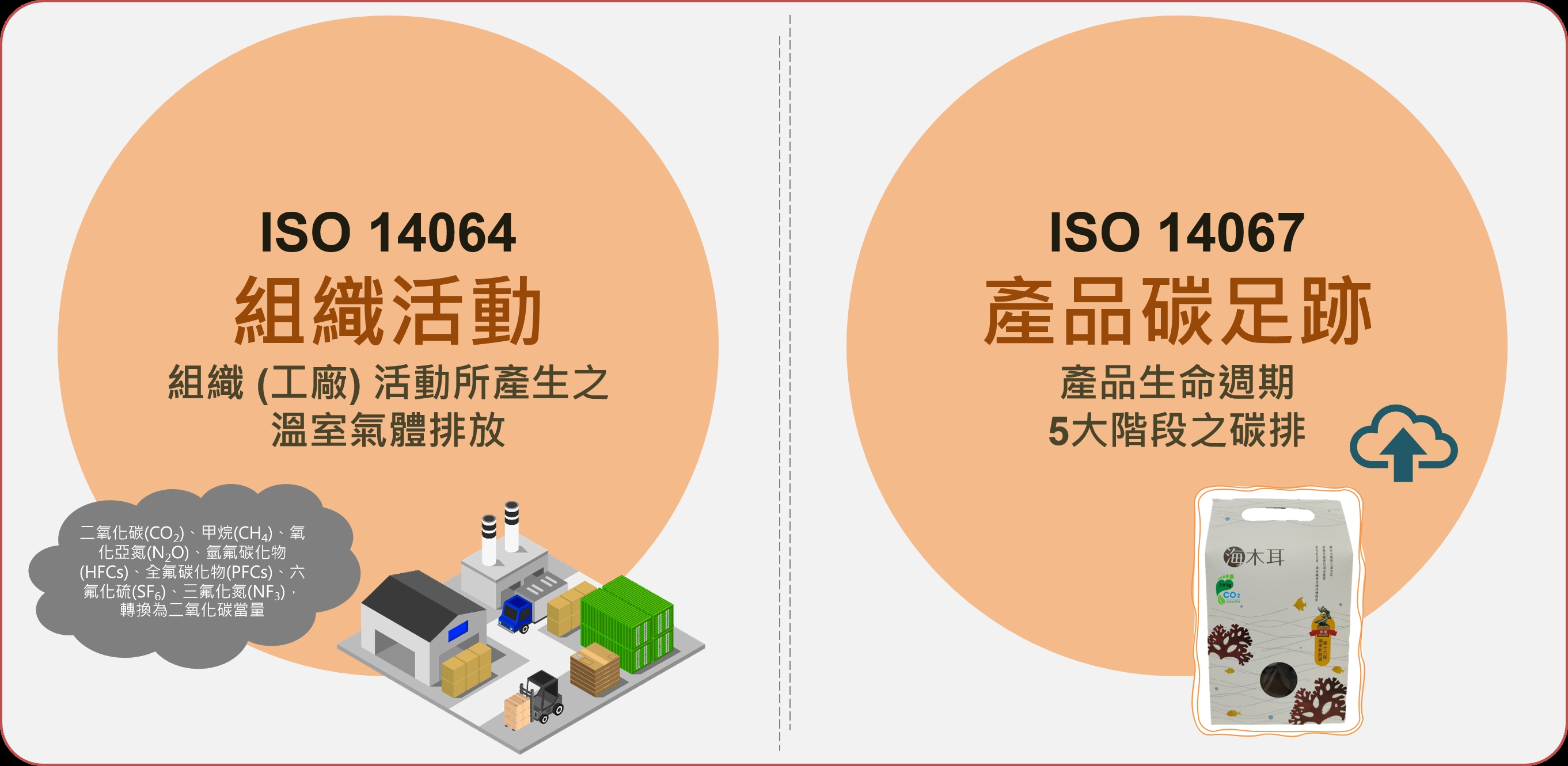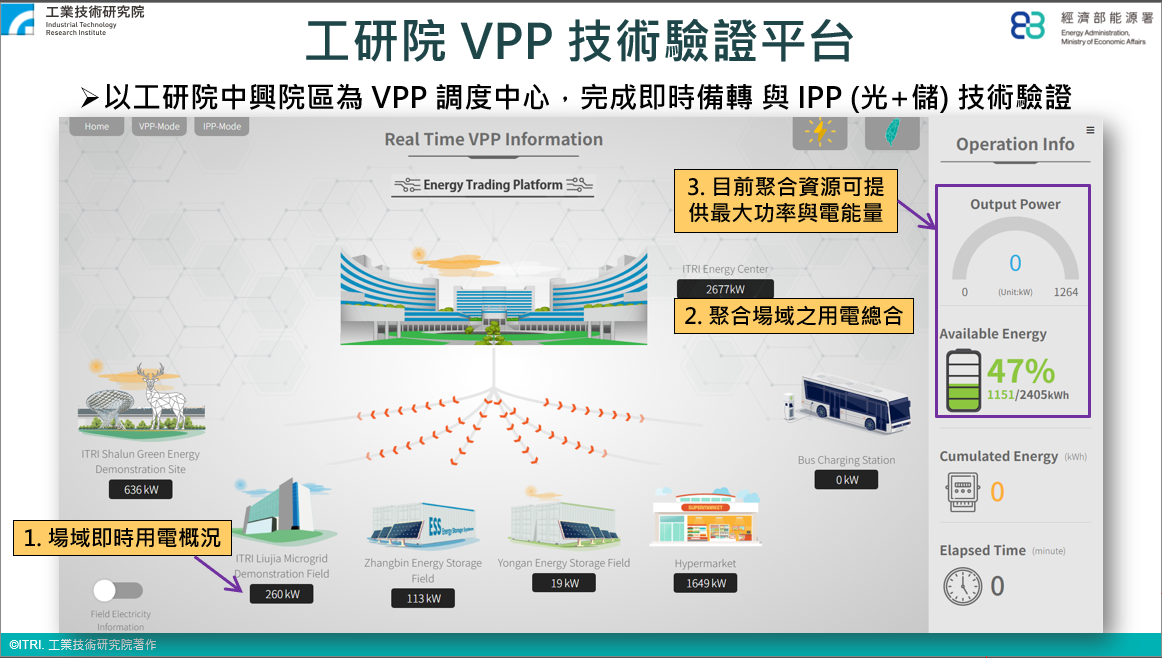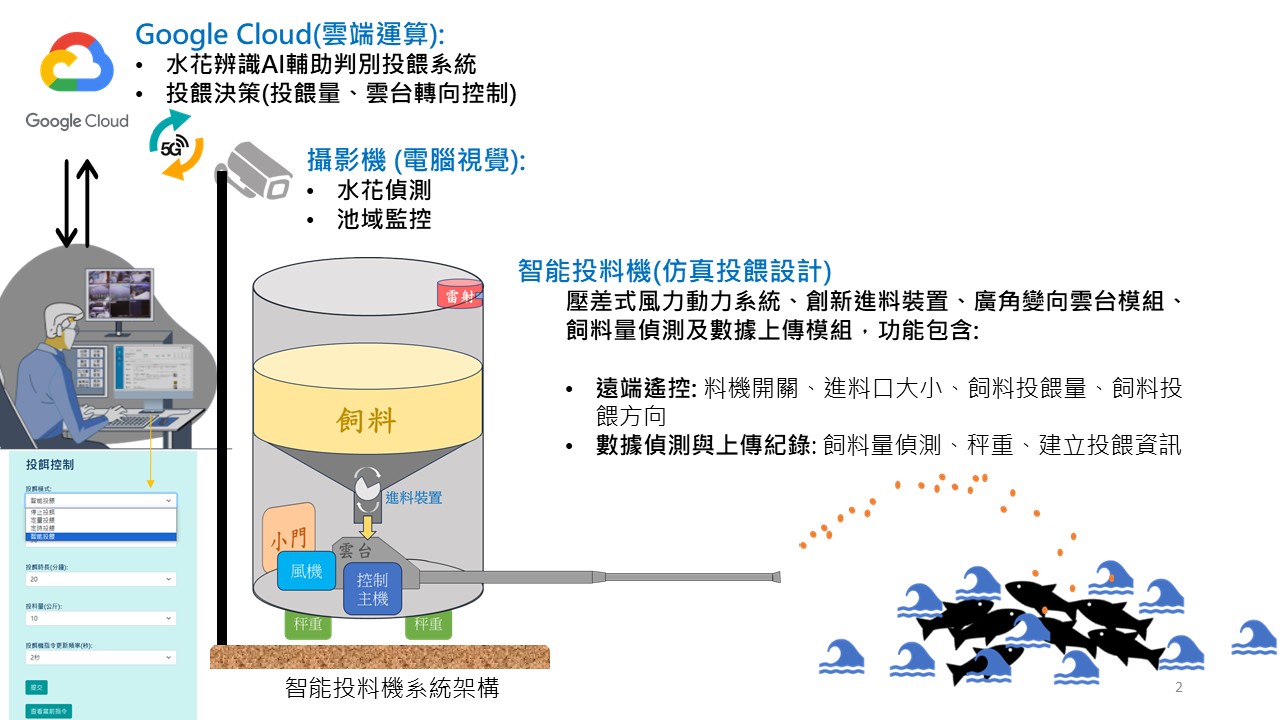Sustainability

By using microalgae cultivation, harvest, and extraction technology, biofuel/high-value-added product are produced for fuel and health food application with complementary CO2 fixation benefit. Microalgae Biomass Energy Technology is a third-generation biofuel actively developed internationally. In addition to energy generation and carbon fixation advantages, the downstream application of value-added products has great potential.
Sustainability | Green Energy & Environment
In order to meet the net-zero target, CPC Corporation offers verification services for company level- Greenhouse Gas Emissions (ISO 14064-1) and product level- Product Carbon Footprint (ISO 14067) based on ISO/IEC 17029, ISO 14065, ISO 14066, ISO 14064-3 and related guidelines of Taiwan Accreditation Foundation (TAF). All above services contain 3 main steps: document review, on-site audit verifications (namely, S1 and S2) and independent review. We have always been committed to providing high-quality and first-in-class services for our customers.
Sustainability | Green Energy & Environment
ITRI Virtual Power Plant (VPP) technology enable to integration and management of diverse distributed resources, including renewable energy, small generators, loads, and energy storage to achieve the functionality of a bi-directionally dispatchable power plant. ITRI develops U-Box, a modular equipment based on the concept of plug-and-play, such that the resources can easily join a VPP . ITRI VPP platform can perform resource forecasting and scheduling based on intelligent algorithms to participate electricity market and provide ancillary service. The platform successfully integrated some sites (including the Shalun and Liujia campus of ITRI, Changbin, Yongan Energy Storage demo site, Carrefour and EV bus charging station.
Sustainability | Green Energy & Environment
The system utilizes air-blower as the power source for the feeding machine, paired with a movable feeding turret to accurately deliver feed to designated points. By incorporating laser and weight sensors, it can measure both the amount of feed dispensed and the remaining quantity. Equipped with AI-based splash recognition technology and 5G network connectivity, the feeding machine enables intelligent decision-making, cloud data uploading, and remote control capabilities.
Sustainability | AgricultureComing soon!